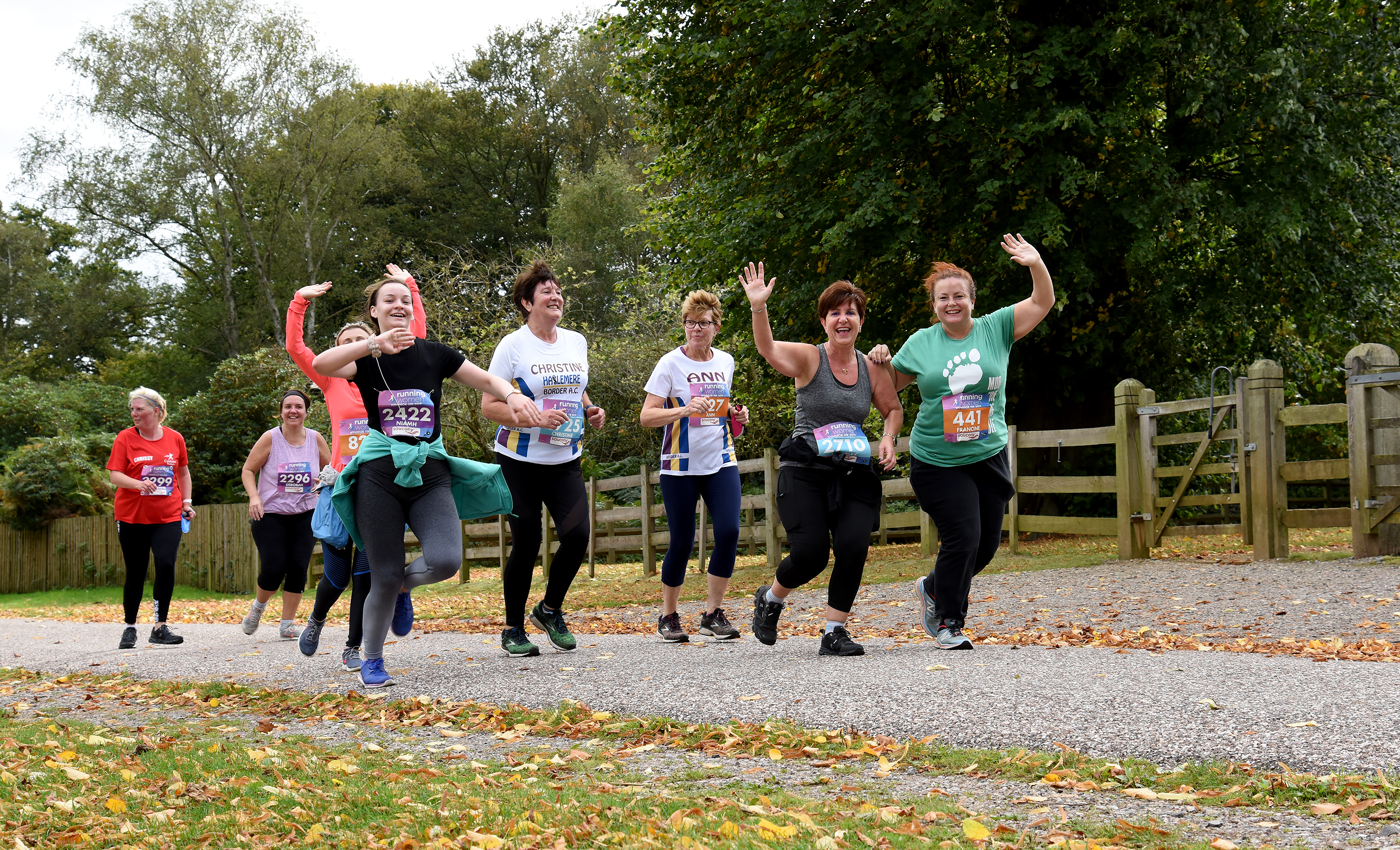Do You Need Sports Nutrition?
There are so many running supplements out there, but do you really need them? What are they for and which ones are right for you? Here’s our simplest-ever guide to sorts nutrition for running.
Do you need sports nutrition for running?
You’ve probably noticed that there are a number of different sports nutrition products on the market, from protein shakes to energy drinks and gels (not to mention vitamin tablets). But do you need them, or are they an extra “nice to have” thing that you only need to think about once you reach a certain level of running?
The thing to remember about sports nutrition is that it is largely just nutrition (that you can get from food and drink) in a more specific and more convenient form. In most cases, there is nothing in a sports nutrition product that you couldn’t get from food itself. But time and knowledge sometimes mean that a sports nutrition product is a convenient option.
When and why you might need sports nutrition
Running distances – as your training runs go over an hour in duration, you may need extra support in the form of energy and/or electrolyte products
Training frequency – if you train every day or multiple times a day (hello to any triathletes reading this!) it’s a good idea to use sports supplement products to support your diet
Busy lifestyle – when life is so busy that it’s difficult to get regular balanced meals and proper hydration, turn to sports supplements to make it easier
Dietary challenges – if your dietary choices mean you find it harder to get enough protein, carbohydrates or key minerals, use sports supplements to tick the boxes
What to look for in an “energy” product
Energy products for runners usually come in the form of gels or drinks which you mix from a powder. Most of these are full of sugar, which is OK (sugar is carbohydrate, and carbohydrate is energy) but no optimal.
If your energy product contains maltodextrin and fructose with no other “useful” ingredient, you are paying for two types of sugar. It’s not worth the money.
Instead, look for an energy product that contains carbohydrate (maltodextrin or any ingredient ending in —ose), amino acids or BCAAs (these are the “building blocks of protein”) and electrolytes. That’s a much more sophisticated and well-rounded approach to energy!
What to look for in a “recovery” product
At the other end of the spectrum, you have recovery products, designed to help your body replenish the energy it has used during a run and start to recover.
Unless you are training consecutive days, you probably don’t need a dedicated recovery product. But it can be a very convenient way to kickstart recovery especially if you go straight from a run to your next appointment.
Look for a recovery product that has a combination of protein and carbohydrates (both are necessary for recovery). It doesn’t matter what kind of protein (common forms are whey isolate, whey concentrate, or plant-based proteins like pea, brown rice, soya).
The important elements of sports nutrition for runners
Electrolytes: sodium, chloride, potassium, magnesium and calcium are lost through exercise (mostly through sweating) and much needed for various crucial functions including muscle contractions
Carbohydrates: your body’s favourite form of energy, which is stored as glycogen in muscles and some organs.
Protein or amino acids: protein itself is made of amino acids and give you some energy but are mostly important for building strong bone and muscle tissue
Fluids: never forget the importance of fluids in your approach to sports nutrition
Homemade alternatives to sports supplements
If you have time to use real food instead of sports supplements, this will be a more cost-effective approach.
Instead of energy drinks/gels for longer runs:
A banana
Grapes or raisins
Jelly sweets
Honey mixed into real fruit juice (add a tiny pinch of salt)
Check out our blog about how to make your own sports drink for running here
Instead of recovery drinks:
Greek yoghurt with fruit
Smoothie with banana, oats, berries, yoghurt
Eggs on toast
A chicken and salad wrap
Similar Posts:
- Do You Need Sports Nutrition?
- Do Female Runners “Need” Protein Supplements?
- How Much Protein Do Female Runners Really Need?
- Using Energy Gels For Long Runs
- Primal Evolution
- Everyday Nutrition To Train For A 10K




Add Comment